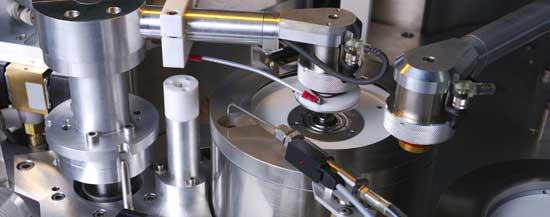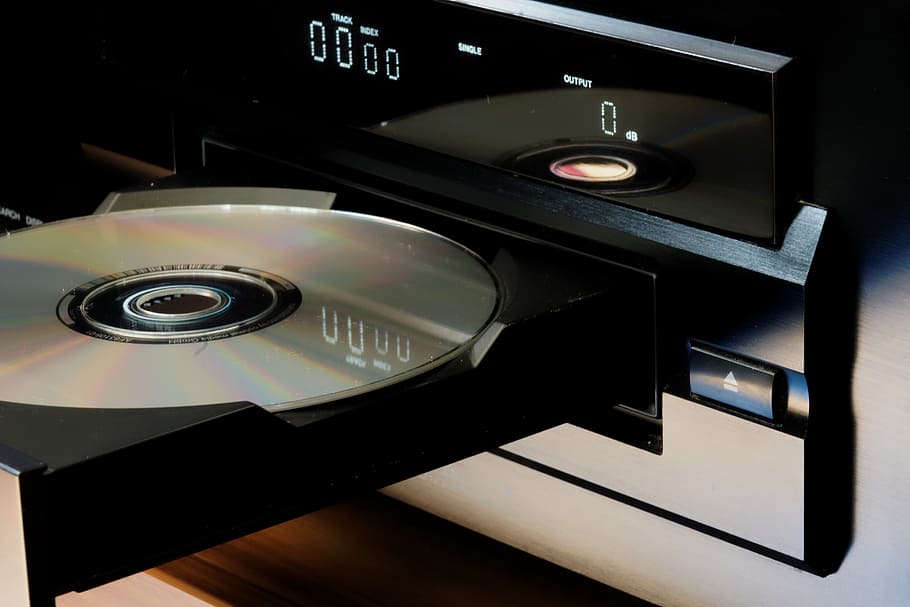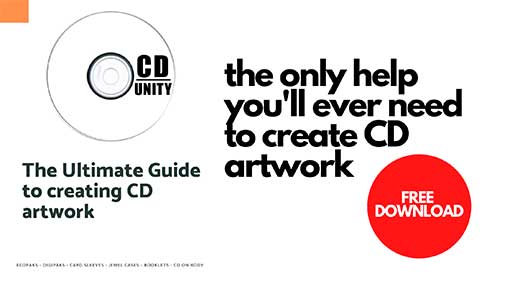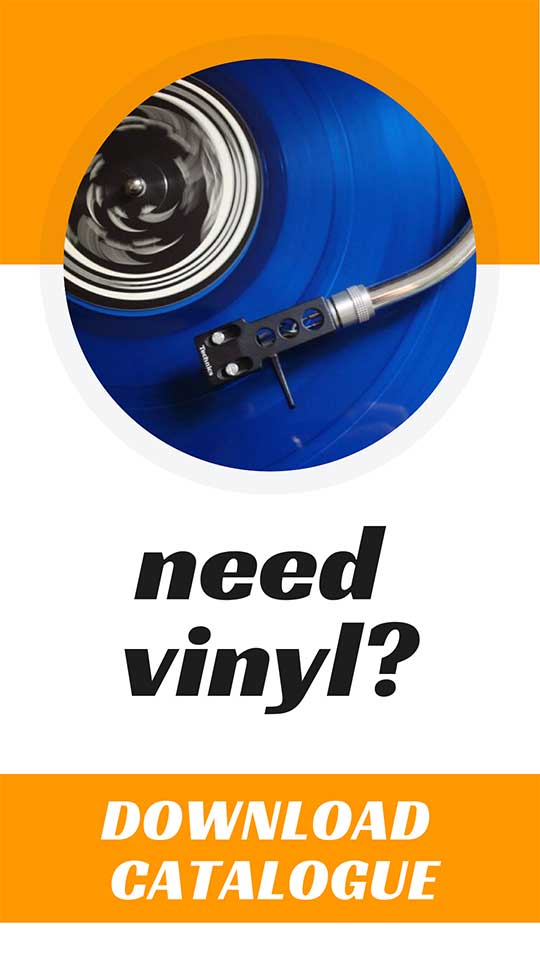CD replication vs CD duplication What's the difference?
CD replication and CD duplication are terms and processes often mixed up and hard to understand. That’s why in this article we’ll lay down exactly what each is and if it’s right for your CD release.
CD replication and CD duplication are terms referring to how your discs are manufactured. The words duplication and replication may seem interchangeable, but they are not. Here is the difference:
CD replication is the process of creating a glass master and stamper of your data (CD Audio, CD-Rom, DVD video) then injection moulding the discs using that stamper.
CD duplication is the process of taking blank, recordable discs (CDRs or DVDRs) and writing the information on them with a laser. CD duplication involves burning audio or data onto the CDs using CD duplicators.
Once the process of duplication or replication is completed, the discs are put into chosen packaging options.
As you can see, the difference between the two is pretty significant. In the article below, I’ll explain the difference between CD duplication and CD replication so you can understand it better and make a more informed choice when deciding on CD manufacturing.

What's the difference between CD replication and CD duplication?
CD replication is the manufacturing process where the discs are molded from melted polycarbonate plastic with your music or video content on it.
It’s done with a process called glass mastering.
The glass master is this optical grade glass coated with a light-sensitive chemical burned into the chemical layer that is then dropped into an acid solution.
The glass is then dropped in a legal solution, and the nickel is electroplated. It adheres to the glass. The glass is still in there.
When there’s enough nickel on there, it’s peeled off, and the edges are trimmed; the centre is punched, which becomes a stamper. And this gets mounted in the mould cavity of the injection molding machines.
What's the minimum run for CD replication?
Because the CD replication involves quite a bit of setup, it’s usually done for larger runs.
Most manufacturers do it on orders of a thousand or more. We replicate CDs in quantities as low as 300 units.
However, what do you do if you need less than three hundred discs?
You go for CD duplication, where we can produce as little as 25 units for you.
Is there a quality difference between CD duplication and CD replication?
From the perspective of the sound on the CD, there isn’t a difference between replicated and duplicated discs.
One small area of difference that could happen is playability. Duplicated discs are more newly developed technology than replication, and it can occur from time to time that an old player won’t read duplicated discs.
This is very rare and primarily occurs when pressing plants to use low-quality CDs.
To ensure our duplicated discs play on every player, we only use the highest-quality blank CDs.
Your order size determines whether we duplicate or replicate, and you can be assured you’ll get a high-quality CD, whatever process you choose and whatever quantity of CDs you need.

CD duplication minimum runs
Quantity: 25 to 300 discs.
Turnaround time is 7 to 9 working days, depending on packaging.
Best for:
Short runs, rush jobs, and demos. Blank media is a little less reliable in playback than replicated discs.
CD replication minimum runs
Quantity: 300 discs or more.
Turnaround time is 12 to 16 working days depending on the packaging.
Best for:
Retail quality, mass production. They are used for commercially distributed CDs and DVDs.
How does a CD duplicator work?
A CD duplicator is a machine that can rapidly copy or ‘duplicate’ one or more optical discs, such as CDs and DVDs. It functions by creating multiple copies of the original disc simultaneously.
The duplicator typically has an internal hard drive where the source disc’s data is temporarily stored. This data is then read by a laser and written onto the blank discs.
The number of drives on the duplicator determines how many copies are made at once, with some machines capable of up to 52 simultaneous copies.
After duplication, most models will verify that each disc contains the same data as the source disc.
Test drive your song!
Without the right mastering, your song could lack the impact it deserves, leaving you feeling frustrated.
Experience the transformation! Get a FREE mastering demo of your track and discover the sound quality you've been looking for.
So what's better, CD duplication or CD replication?
If you’re on the budget, go for CD duplication but remember to use a manufacturer who uses only the highest quality discs to duplicate your music.
If you can, and your budget allows, go for CD replication as there will be no issues with the playback of your discs, AND you’ll save money when you press more than 300 units (we offer replication from 300 units).
Hope that was helpful.
Cheers,
Josh
You might also like:
Browse our CD duplication products
The Big Lists Of Music Promo Contacts
Includes PR companies, UK promoters & UK booking agents. Everything you need to put your band on the map.
Access ListsIncludes PR companies, UK promoters & UK booking agents. Everything you need to put your band on the map.
Hey, I’m Tom, and I’ve been involved in the music industry for over two decades now! I help bands produce top-notch records by lending my expertise in CD manufacturing, music business and mastering. But that’s not all – I also have a soft spot for writing and sharing knowledge with others. I hope you’ll find the content I create enjoyable to read and that it provides some valuable insights into the world of music.





